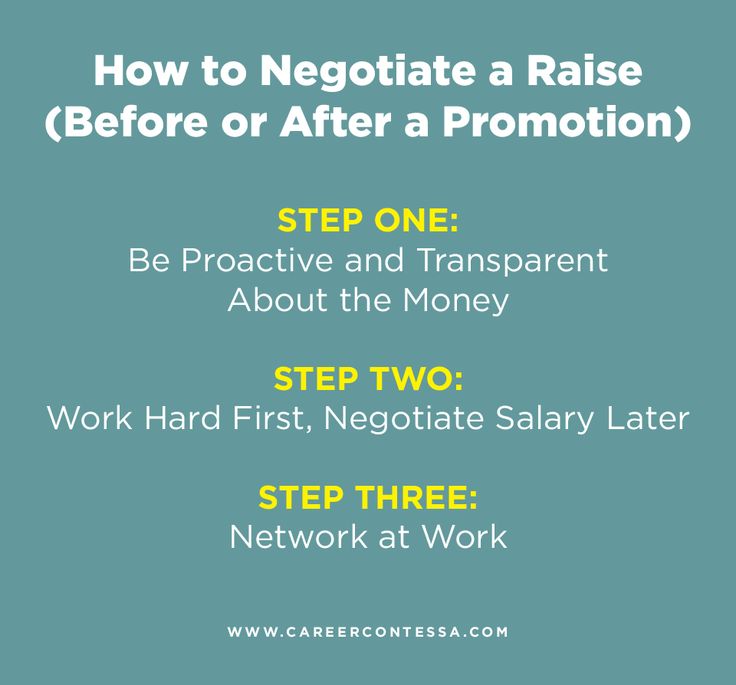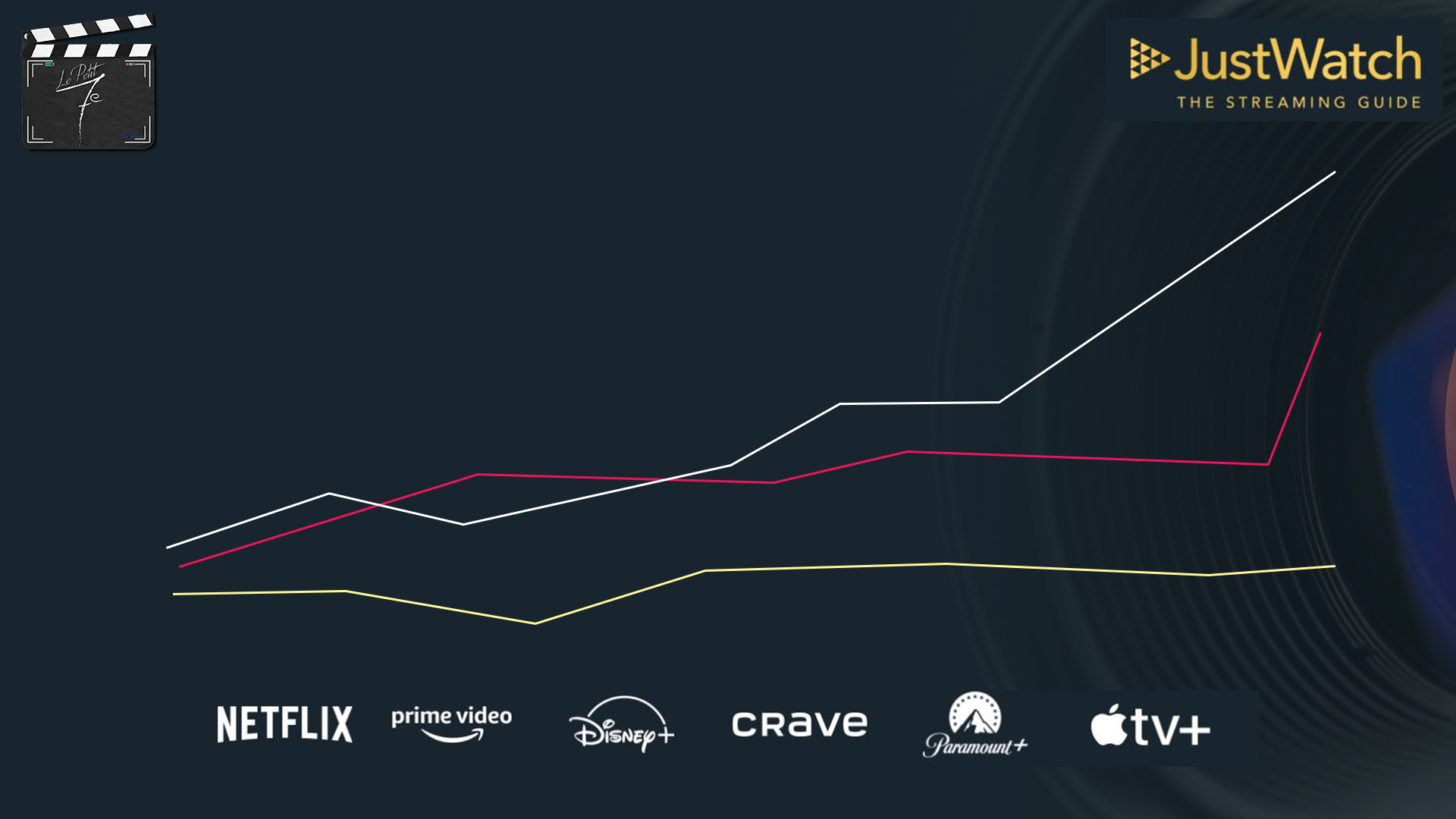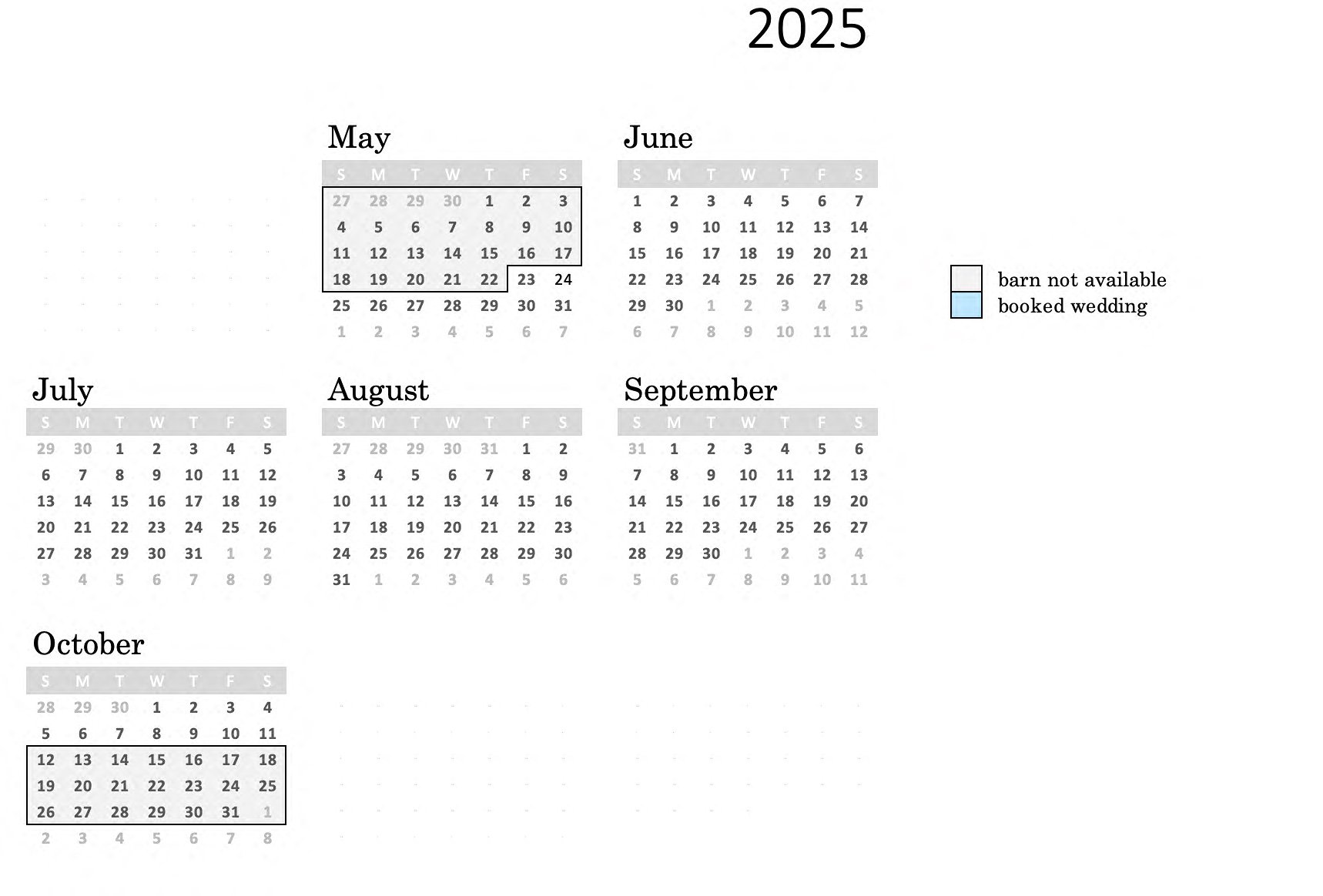How To Negotiate A 'Best And Final' Job Offer

Table of Contents
This article will provide a step-by-step guide on how to effectively negotiate a "best and final" job offer, maximizing your chances of securing the best possible terms. It's crucial to approach this delicate situation strategically, as a poorly handled "best and final" offer can significantly impact your long-term career trajectory and financial well-being.
Understanding the "Best and Final" Offer
A "best and final" job offer typically signifies the employer's intention to conclude negotiations. From their perspective, it's a way to:
- Close the deal quickly: They may have a tight deadline or want to fill the position rapidly.
- Avoid protracted negotiations: Lengthy discussions can be time-consuming and resource-intensive.
- Stick to budget constraints: They may have a pre-determined salary range they cannot exceed.
However, receiving a "best and final" offer doesn't necessarily mean the end of the negotiation process. Your perspective should focus on assessing if the offer truly reflects your value and market rate. Crucially, maintaining composure is key. Avoid impulsive reactions; instead, strategize your response.
Assessing Your Leverage
Your negotiating power depends on several factors:
- Skills and experience: Highly sought-after skills and extensive experience in your field significantly strengthen your position.
- Market demand: If your skills are in high demand, you have greater leverage to negotiate a better offer.
- Competing offers: Having multiple job offers significantly increases your negotiating power. Subtly mentioning other opportunities can be a powerful tool.
Knowing your worth is paramount. Quantify your contributions and value proposition:
- Market research: Use salary comparison websites like Glassdoor, Salary.com, and Payscale to research industry benchmarks and average salaries for similar roles.
- Quantifiable achievements: Prepare examples showcasing your past successes and the positive impact you've had in previous roles. Use numbers to demonstrate your value.
- Competing offers: While you don't need to disclose details, the knowledge of other offers boosts your confidence and negotiating stance.
Strategies for Negotiating a "Best and Final" Offer
Effective communication is crucial. Express your gratitude for the offer, but firmly reiterate your value. Instead of directly challenging the "best and final" statement, focus on specific points of concern:
- Express appreciation: Begin by thanking the employer for the offer, showing professionalism and respect.
- State your understanding: Acknowledge their position while highlighting your unique skills and experience.
- Target specific concerns: Instead of broadly negotiating salary, focus on specific areas like benefits, title, responsibilities, bonuses, or vacation time.
- Present counter-offers with justifications: Don't just state your desired salary; explain why you believe it's justified based on your skills, experience, and market value. Provide concrete examples.
Knowing When to Walk Away
Setting your limits is crucial. Identify your non-negotiables:
- Define your non-negotiables: What aspects of the job offer are absolutely essential for you? Don't compromise on these.
- Evaluate long-term implications: Consider the long-term consequences of accepting a less-than-ideal offer. Is it worth sacrificing your career growth or well-being?
- Weigh the pros and cons: Objectively evaluate all aspects of the offer and compare them to your initial expectations and requirements.
- Recognize employer unwillingness: Sometimes, the employer is truly unwilling to compromise. Knowing when to walk away is a sign of strength and self-respect.
Mastering the Art of Negotiating Your 'Best and Final' Job Offer
Successfully negotiating a "best and final" job offer requires preparation, self-awareness, and assertive yet respectful communication. Remember to research market rates, quantify your contributions, and clearly articulate your needs. Don't be afraid to walk away if the offer doesn't meet your minimum requirements. Mastering the art of negotiating a best and final job offer empowers you to secure compensation and terms that accurately reflect your value. Confidently approach your next negotiation armed with these strategies and successfully negotiate your best and final offer!

Featured Posts
-
 Accenture To Promote 50 000 Employees After Six Month Delay
May 23, 2025
Accenture To Promote 50 000 Employees After Six Month Delay
May 23, 2025 -
 Le Quebec Met En Place Des Quotas Pour Les Plateformes De Streaming Une Analyse
May 23, 2025
Le Quebec Met En Place Des Quotas Pour Les Plateformes De Streaming Une Analyse
May 23, 2025 -
 Vybz Kartel Announces New York City Barclay Center Concert
May 23, 2025
Vybz Kartel Announces New York City Barclay Center Concert
May 23, 2025 -
 Market Volatility Uncertainty Surrounding Us Finances Impacts Stocks
May 23, 2025
Market Volatility Uncertainty Surrounding Us Finances Impacts Stocks
May 23, 2025 -
 What Date Is Memorial Day In 2025 Planning Your Three Day Weekend
May 23, 2025
What Date Is Memorial Day In 2025 Planning Your Three Day Weekend
May 23, 2025
Latest Posts
-
 Teenager Arrested After Deadly Robbery In Darwins Nightcliff
May 24, 2025
Teenager Arrested After Deadly Robbery In Darwins Nightcliff
May 24, 2025 -
 Nightcliff Robbery Teenager Arrested Following Fatal Stabbing Of Shop Owner In Darwin
May 24, 2025
Nightcliff Robbery Teenager Arrested Following Fatal Stabbing Of Shop Owner In Darwin
May 24, 2025 -
 Darwin Teen Arrested Shop Owner Stabbed During Nightcliff Robbery
May 24, 2025
Darwin Teen Arrested Shop Owner Stabbed During Nightcliff Robbery
May 24, 2025 -
 Yevrobachennya 2025 Khto Peremozhe Za Prognozom Konchiti Vurst
May 24, 2025
Yevrobachennya 2025 Khto Peremozhe Za Prognozom Konchiti Vurst
May 24, 2025 -
 Prognoz Konchiti Vurst Na Peremozhtsiv Yevrobachennya 2025 Unian
May 24, 2025
Prognoz Konchiti Vurst Na Peremozhtsiv Yevrobachennya 2025 Unian
May 24, 2025
